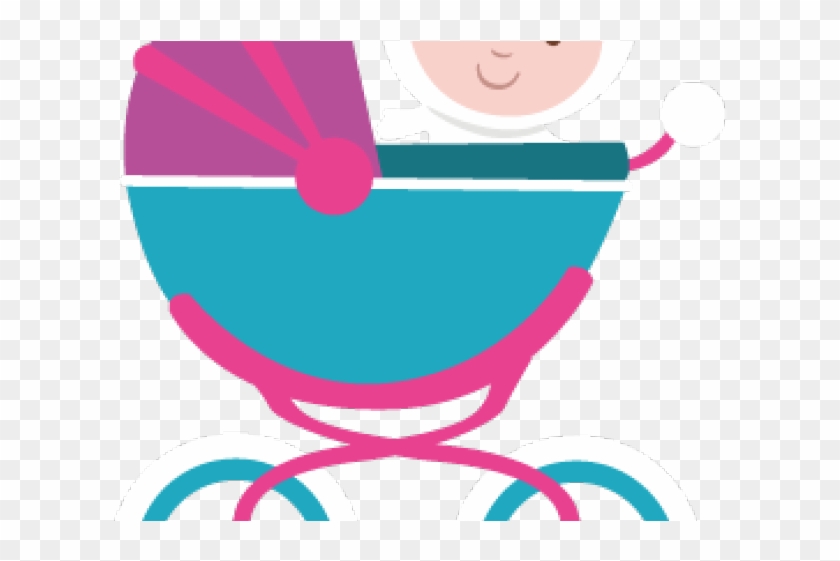Cats are beloved companions, and understanding their reproductive cycle is crucial for responsible pet ownership. If you're wondering "when is cat temp's due date," this guide will provide all the essential information you need. Whether you're a first-time cat owner or an experienced breeder, knowing the timeline and signs of a cat's pregnancy is vital for ensuring the health of both the mother and kittens.
Cat pregnancy is a fascinating process, and understanding its intricacies can help you prepare for the arrival of new feline family members. This article will walk you through everything you need to know about cat gestation, including signs of pregnancy, due dates, and how to care for your pregnant cat.
Whether you're dealing with a planned breeding or an unexpected pregnancy, being informed is the key to ensuring a smooth and healthy process. Let's dive into the details and answer the question: "When is cat temp's due date?"
Read also:Stary Kis The Ultimate Guide To A Fascinating Historical Legacy
Table of Contents
- Overview of Cat Pregnancy
- Understanding the Gestation Period
- Signs Your Cat Is Pregnant
- How to Calculate Your Cat's Due Date
- Nutritional Needs During Pregnancy
- Veterinary Care for Pregnant Cats
- Preparing for the Arrival of Kittens
- Common Complications During Pregnancy
- Caring for the Mother and Kittens After Birth
- Conclusion: Ensuring a Healthy Pregnancy
Overview of Cat Pregnancy
Cat pregnancy is a natural process that typically lasts around 63 to 67 days. During this time, a cat's body undergoes significant changes to prepare for the arrival of kittens. Understanding the basics of cat reproduction is essential for any cat owner, especially if you're dealing with an unplanned pregnancy.
Importance of Knowing the Due Date
Knowing when your cat's due date is can help you prepare for the birthing process. It allows you to monitor her health closely and ensure she has everything she needs to deliver her kittens safely. Additionally, being aware of the due date helps you recognize any potential complications that may arise.
Factors Affecting Due Dates
Several factors can influence the exact due date of a cat's pregnancy, including the breed, overall health, and individual variations. While most cats follow a standard gestation period, some may deliver earlier or later than expected.
Understanding the Gestation Period
The gestation period for cats is relatively short compared to humans, lasting approximately 9 weeks. During this time, the kittens develop rapidly, and the mother's body undergoes significant changes to support the growing fetuses.
Read also:Jensen Huangs Daughter Unveiling The Life And Achievements Of A Tech Titans Family
Week-by-Week Development
- Week 1-2: Fertilization occurs, and the embryos begin to develop.
- Week 3-4: The embryos implant in the uterine lining, and the mother may start showing early signs of pregnancy.
- Week 5-6: The kittens' organs and limbs start forming, and the mother's appetite increases.
- Week 7-9: The kittens grow rapidly, and the mother may start nesting behavior as her due date approaches.
Understanding the week-by-week development can help you monitor your cat's progress and ensure she stays healthy throughout the pregnancy.
Signs Your Cat Is Pregnant
Recognizing the signs of pregnancy in cats is crucial for providing appropriate care. While some cats may show obvious signs, others may exhibit more subtle changes. Here are some common indicators:
- Enlarged and pink nipples (often referred to as "pinking up").
- Increased appetite and weight gain.
- Changes in behavior, such as increased affection or nesting behavior.
- Vomiting or nausea, similar to morning sickness in humans.
If you suspect your cat is pregnant, it's essential to confirm the pregnancy through a veterinary examination. Ultrasound or palpation can help determine the number of kittens and ensure a healthy pregnancy.
How to Calculate Your Cat's Due Date
Calculating a cat's due date involves understanding the timing of mating and the average gestation period. Most cats have a gestation period of 63 to 67 days, so counting from the day of mating can give you a rough estimate of the due date.
Steps to Calculate the Due Date
- Identify the date of mating or breeding.
- Add 63 to 67 days to the mating date to estimate the due date.
- Monitor your cat's behavior and physical changes as the due date approaches.
While this method provides a general estimate, it's always best to consult a veterinarian for a more accurate prediction.
Nutritional Needs During Pregnancy
Proper nutrition is critical for a pregnant cat's health and the development of her kittens. During pregnancy, a cat's nutritional needs increase significantly, and her diet should be adjusted accordingly.
Key Nutrients for Pregnant Cats
- Protein: High-quality protein is essential for fetal development and maternal health.
- Fat: Healthy fats provide energy and support the growth of kittens.
- Vitamins and Minerals: Ensure your cat's diet includes adequate levels of vitamins A, D, E, and essential minerals like calcium and phosphorus.
Consult your veterinarian for recommendations on the best food for your pregnant cat, as they may suggest a specialized diet or supplements.
Veterinary Care for Pregnant Cats
Regular veterinary care is crucial for ensuring a healthy pregnancy. Schedule regular check-ups to monitor your cat's health and address any concerns early on.
What to Expect During Veterinary Visits
- Ultrasound or X-rays to confirm pregnancy and assess fetal development.
- Vaccinations and parasite control to protect the mother and kittens.
- Guidance on nutrition and care throughout the pregnancy.
Following your veterinarian's advice can help ensure a smooth and healthy pregnancy for your cat.
Preparing for the Arrival of Kittens
As your cat's due date approaches, it's important to prepare for the arrival of the kittens. Creating a comfortable and safe environment for the mother and her kittens is essential for a successful birthing process.
Tips for Preparing a Birthing Area
- Choose a quiet, secluded area where the mother can feel safe and secure.
- Provide a soft and comfortable bedding material, such as blankets or towels.
- Ensure the area is warm and free from drafts to prevent the kittens from getting chilled.
Being prepared can help reduce stress for both the mother and the kittens during the birthing process.
Common Complications During Pregnancy
While most cat pregnancies proceed without complications, some issues may arise. Recognizing the signs of potential problems can help you seek veterinary care promptly.
Signs of Complications
- Excessive lethargy or lack of appetite.
- Vaginal discharge or bleeding.
- Signs of distress or difficulty during labor.
If you notice any of these symptoms, contact your veterinarian immediately to ensure the health and safety of the mother and kittens.
Caring for the Mother and Kittens After Birth
After the kittens are born, proper care is essential for the health of both the mother and her litter. The first few weeks are critical for the kittens' survival and development.
Caring for the Mother
- Ensure she has access to fresh water and nutritious food to support milk production.
- Monitor her for signs of infection or complications after birth.
Caring for the Kittens
- Ensure the kittens are nursing properly and gaining weight.
- Keep the birthing area clean and warm to prevent illness.
Regular veterinary check-ups for both the mother and kittens can help ensure their long-term health and well-being.
Conclusion: Ensuring a Healthy Pregnancy
In conclusion, understanding "when is cat temp's due date" involves more than just calculating the gestation period. It requires knowledge of the signs of pregnancy, proper nutrition, veterinary care, and preparation for the arrival of kittens. By following the guidelines outlined in this article, you can help ensure a healthy and successful pregnancy for your cat.
We encourage you to share this article with fellow cat lovers and leave your thoughts or questions in the comments below. Remember, responsible pet ownership involves staying informed and proactive in caring for your furry family members. Thank you for reading, and here's to a happy and healthy pregnancy for your cat!


